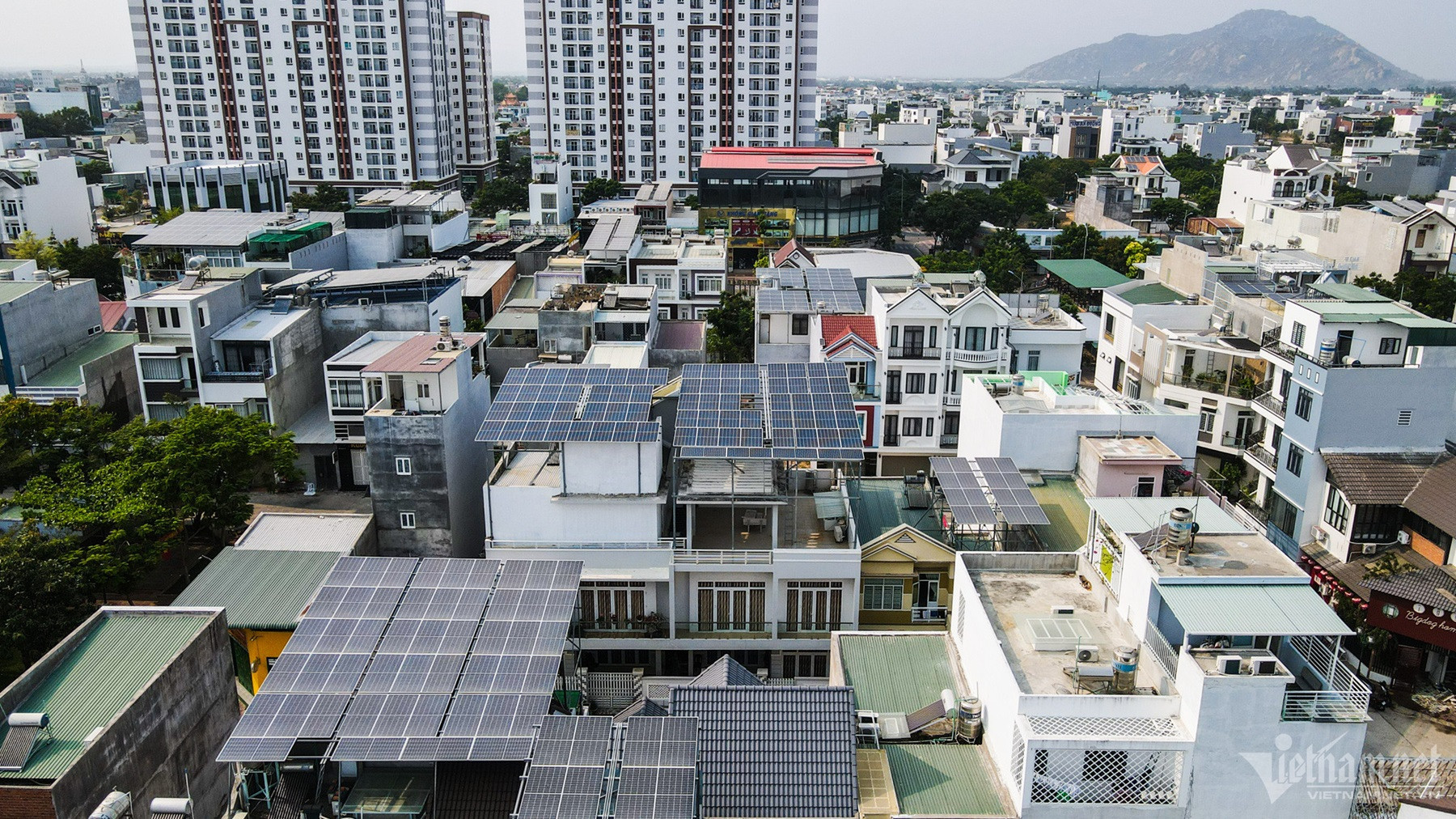
The Government Office has sent a document to MOIT and the ministries of Finance (MOF) and Justice (MOJ) on compiling a government decree to encourage the development of self-sufficient rooftop solar power.
Deputy Prime Minister Tran Hong Ha has asked MOIT to consider allowing owners of rooftop solar power systems to sell excess electricity to the national grid. The volume of electricity to be sold must not be higher than 10 percent of total capacity.
MOIT and MOF have been asked to design electricity purchase prices under the spirit of risk sharing. Electricity of Vietnam (EVN) will be in charge of buying excess electricity output from rooftop solar power systems and ensure the safety of the electricity operating system.
MOIT will work with relevant ministries and agencies to design conditions to be sure that no wrongdoing, embezzlement or waste of society’s resources will occur.
MOJ has been asked to coordinate with agencies to ensure the legacy of the decree and current regulations, including the eighth national power development strategy (Plan 8).
MOIT needs to complete the draft of the decree before July 11 so that the decree can be released prior to July 12, 2024.
Earlier, MOIT had sent to MOJ for review a draft decree on policies on encouraging self-sufficient rooftop solar power development.
MOIT said solar power is an unstable source of power, and the operation of solar power systems depends on weather conditions. The instability may affect the electricity supply capability of the national grid.
A substandard electricity quality may harm electrical equipment at households and offices, and electricity for industrial production has even much stricter requirements.
Vietnam’s electricity transmission network remains weak, far from the stronger systems in developed countries such as the US, Australia, and the EU. However, Vietnam’s electricity infrastructure has seen great improvements in recent years and has been modernized.
In such conditions, 33 percent of renewables (54 percent counting hydropower, as other countries do), is an overly high proportion for a developing country as it may be unstable and have higher operation costs.
Luong Bang